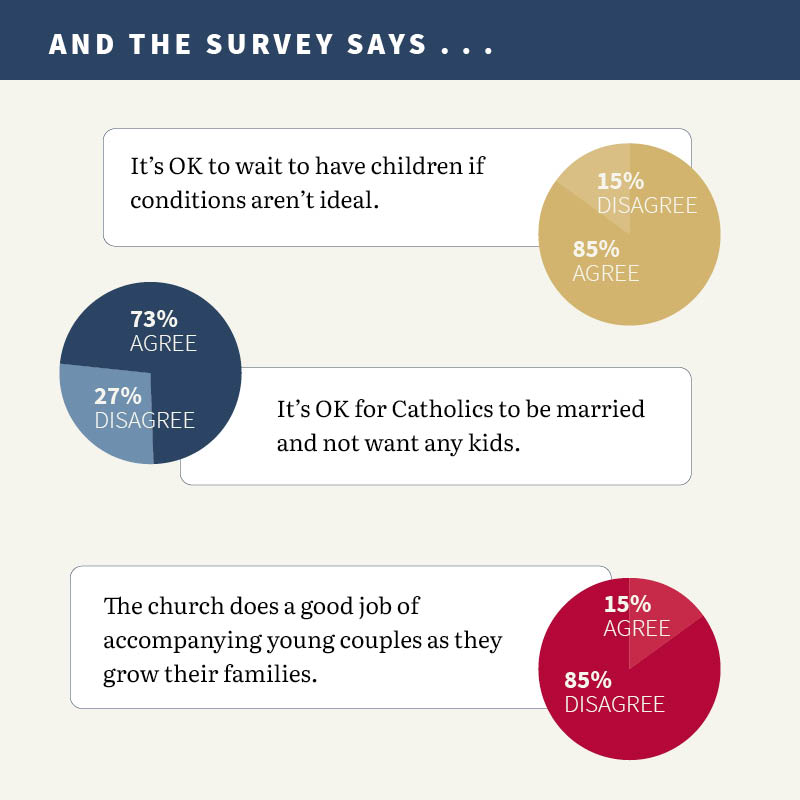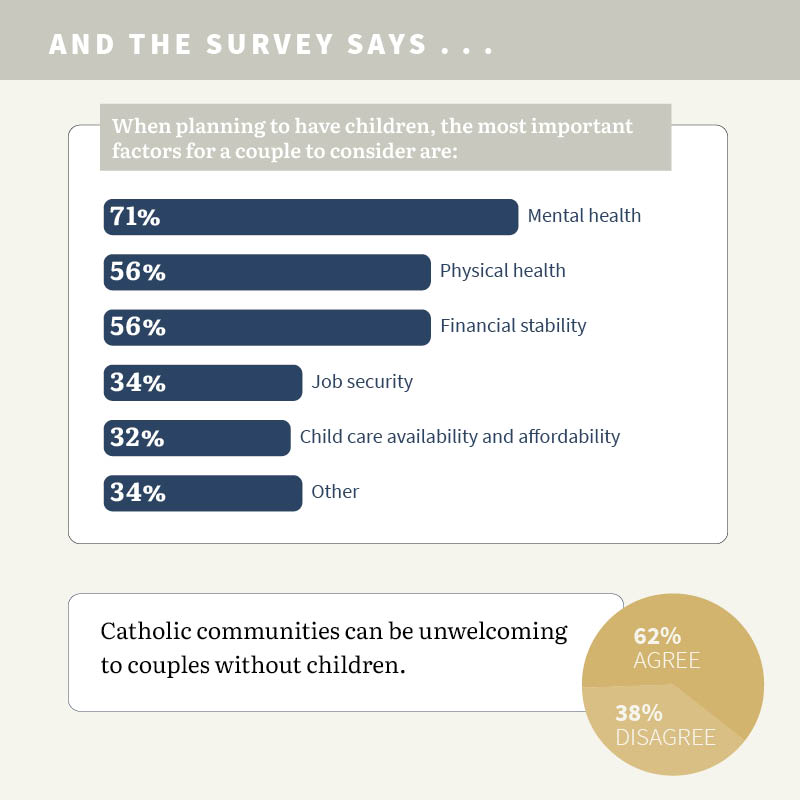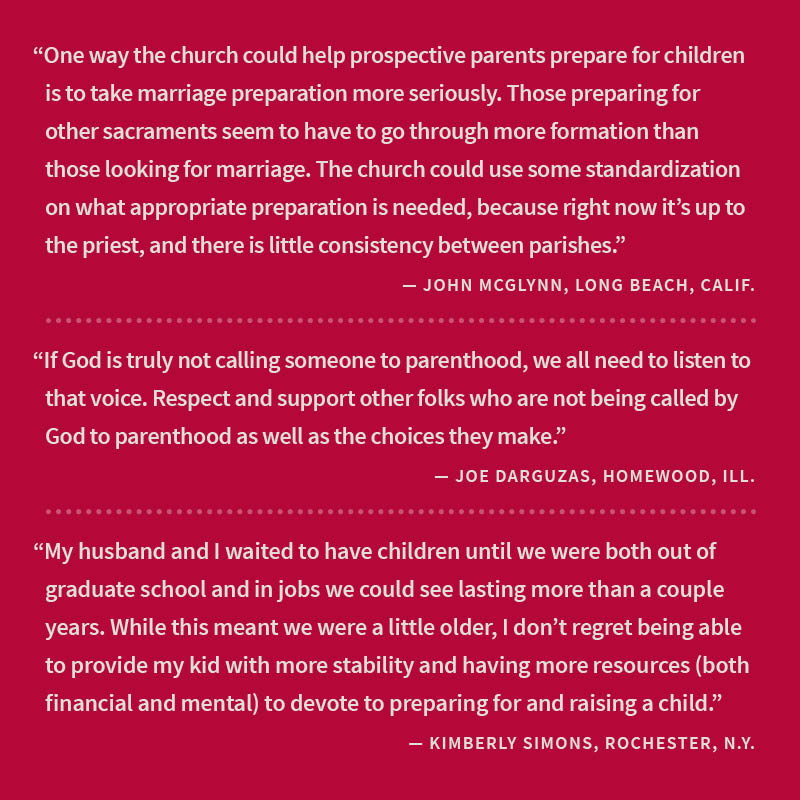A piece of wisdom that both my parents and in-laws infused in my wife and me is the paradox of choice: You are free to choose, but you are not free from the consequence of your choice. Whether you choose to buy or rent, adopt a dog (as we did), or work outside the home or not, the domestic life is rife with choices—each often informed by factors outside of your control or within it.
Since I’ve made my career in digital media, I know that, no matter what you post (or don’t post), you are opening yourself up to the commentary and criticism of the world. And even though I am not sure how anyone could quarrel with photographs of Ellie, our adorable golden retriever puppy, a few months ago a Twitter troll did exactly that.

“LOL, okay, #DogDad,” he said, hand-waving a completely unrelated tweet by implying that I was somehow “less than” for not having children. When asked to clarify his position, or even challenged by others on why he casted aspersions on my lack of children, he refused to do so.
This experience rattled my wife and me more than I’d care to admit. It wasn’t so much what was said or even how it was said—it was that neither of us were surprised. Since we’ve been married for 2½ years, the questions and comments pour in almost daily: “When are you having children?” “A house, a dog, you know what’s next!” “So . . . do you have any news?”
I am constantly barraged with these questions. Most of the time, they’re good-natured comments from kind people who love us and are excited about our growing family. Other times, like what my family refers to as #DogDadGate, these comments are insensitive or downright malicious. There have even been times when people in our lives have made us feel beneath them for not having children.
Too often we’ve had comments made to us with an air of disdain or even anger. Even worse, some people make deeply personal and inappropriate comments: “Well, you are trying, aren’t you?” or “You’ll understand more when you’re a parent.”
Spoiler alert: I’ve wanted to be a dad my whole life, and my wife and I very much want to grow our family. We’re not the first young couple to be overwhelmed when talking about children. The Catholic Church does a thorough job accompanying young couples through the physical aspects of family planning, but at a time of social change and uncertainty, we need to expand the conversation and look for innovative ways to prepare and support young Catholic couples who are ready to grow their family.

There are so many things to consider when preparing to welcome children joyfully into this world, and the work begins even as a couple discerns marriage. Discernment, prayer, financial concerns, stage-of-life considerations, and even end-of-life planning are all essential steps in the family-planning process. Yet they rarely get talked about!
As we discerned marriage, Nicole and I understood that to be married in our Catholic faith means to be open to the gift of children. We also understood that the first and most essential step before any major life decision is to discern God’s will for us and for our family. After all, how could you know what God wants if you don’t ask God? Throughout our marriage, we are constantly discerning God’s will for us—and whether it is the right time to welcome children into the world.
After discernment and prayer, there are also financial concerns when preparing to grow one’s family. Nicole and I know many couples who were in the middle of a job change, moving, or experiencing financial challenges who discerned it would not yet be prudent to bring a child into such an unstable situation. We know many couples who, during the early days of the pandemic, discerned that waiting until hospitals were less busy, family members were vaccinated, and multiple people could be present for delivery would be a prudent choice for their family and future child.
Through all these challenges, no entity in the world is better equipped to walk with couples on their journey of discernment as they approach this decision than the church. Pope Francis repeatedly stresses that we must encounter and accompany people on their journeys of faith. Family planning is no exception. The church has all the tools, all the wisdom, and all the teachings to assist families on this journey.
One of the most formative parts of our discernment has been seeing young couples in our neighborhood grow their families. It’s both edifying and reassuring to see those our age doing their very best to parent their children. Weekly firepit gatherings with this group almost always entail hilarious stories of the trials and tribulations of parenthood or a wise-beyond-their-years anecdote from somebody’s 2-year-old. Seeing and hearing from couples our age made the idea of having children and parenthood accessible and, frankly, not as scary.
One evening, I asked a friend what his secret sauce was for parenting. “It takes a village,” he said. “We’re all trying to do our best, and nobody can do this on their own. You’re going to make mistakes. But we’ll be your village when you’re ready.”
Isn’t this what a Catholic parish is supposed to be? Isn’t this what Pope Francis means when he talks about accompaniment? Can you imagine (and I am sure they are out there) a parish where a newly registered young couple isn’t bombarded with questions about their plans for children but instead are provided resources on discernment, introduced to couples who have already begun their families, or even invited to attend a group for young adults?
What a relief it would be to know that, instead of judgment or gossip, young adults could rely on their parish communities to help equip them with physical, emotional, and spiritual tools and to walk with them along their journey. Seeing young couples helping one another with parenthood—with teaching our Catholic faith through life, love, and loss—would inject any parish with a spirit of optimism and renewal.
Bottom line: Catholics shouldn’t admonish or belittle people for not having children (or for loving their dogs!). It certainly doesn’t help the couple in their discernment, and it does nothing for the kingdom of God. Instead, the church must better support all the young couples who are preparing to grow their families. And rather than asking us about when that might happen, ask how you can help.

This article also appears in the January 2022 issue of U.S. Catholic (Vol. 87, No. 1, pages 25-29). Click here to subscribe to the magazine.
Image: Unsplash/Chewy
















Add comment